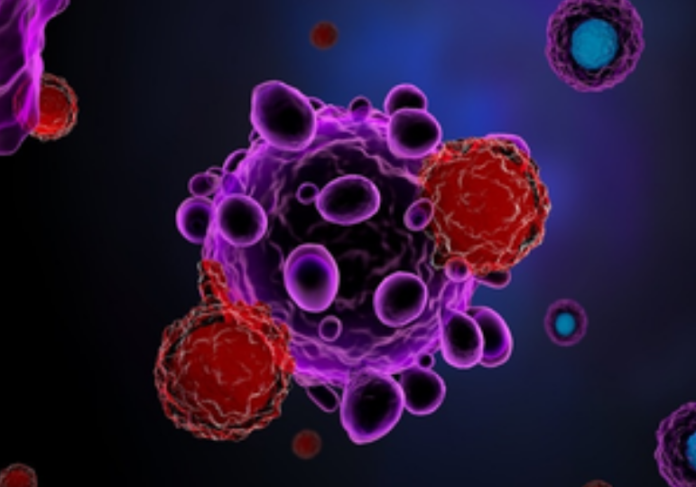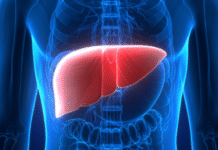New Delhi— Stem cell therapy has shown promise as a safe and effective treatment for Parkinson’s disease, according to the results of two independent clinical trials published in the prestigious journal Nature.
The studies, conducted in Japan and the United States, investigated the therapeutic potential of dopaminergic neuron progenitors derived from human induced pluripotent stem cells (iPSCs) and human embryonic stem cells (hESCs), respectively. Both trials demonstrated the safety of the procedures and suggested notable improvements in motor symptoms among participants.
Parkinson’s disease is a progressive neurodegenerative disorder marked by the loss of dopamine-producing neurons in the brain. While current medications such as L-dopa can offer symptom relief in the early stages, their long-term effectiveness diminishes and often leads to complications like dyskinesia, or involuntary movements.
The first trial, a Phase I/II study led by researchers at Kyoto University in Japan, involved seven patients aged 50 to 69 who underwent transplantation of dopaminergic progenitor cells derived from iPSCs into both sides of the brain. Over a 24-month follow-up, no serious adverse events were reported. The transplanted cells successfully produced dopamine without any signs of overgrowth or tumor formation—key safety concerns in stem cell-based therapies.
Four of the six patients who continued to the efficacy evaluation phase showed improvement in motor symptoms even without their standard Parkinson’s medications. Five showed improvement while on medication, indicating the potential of the therapy to enhance or even reduce dependence on existing treatments.
The second trial, a Phase I study conducted by a team at Memorial Sloan Kettering Cancer Center in the U.S., tested a stem cell-derived product called bemdaneprocel, created from human embryonic stem cells. Twelve participants, with a median age of 67, received surgical transplants of the cells into the putamen, a brain region affected by Parkinson’s.
The patients were divided into low-dose and high-dose groups. Across both groups, the treatment was well tolerated, with no therapy-related severe adverse events and no instances of dyskinesia. Preliminary signs of motor improvement were observed in participants from both cohorts.
While both studies were limited by small sample sizes, they represent a significant step forward in Parkinson’s research. The findings establish the safety of allogeneic (donor-derived) stem cell transplantation and open the door for larger, more comprehensive trials to assess long-term effectiveness and clinical benefits.
“These results mark an important milestone in the development of cell-based therapies for Parkinson’s disease,” the researchers noted, adding that larger-scale studies are essential to validate these promising early outcomes. (Source: IANS)













